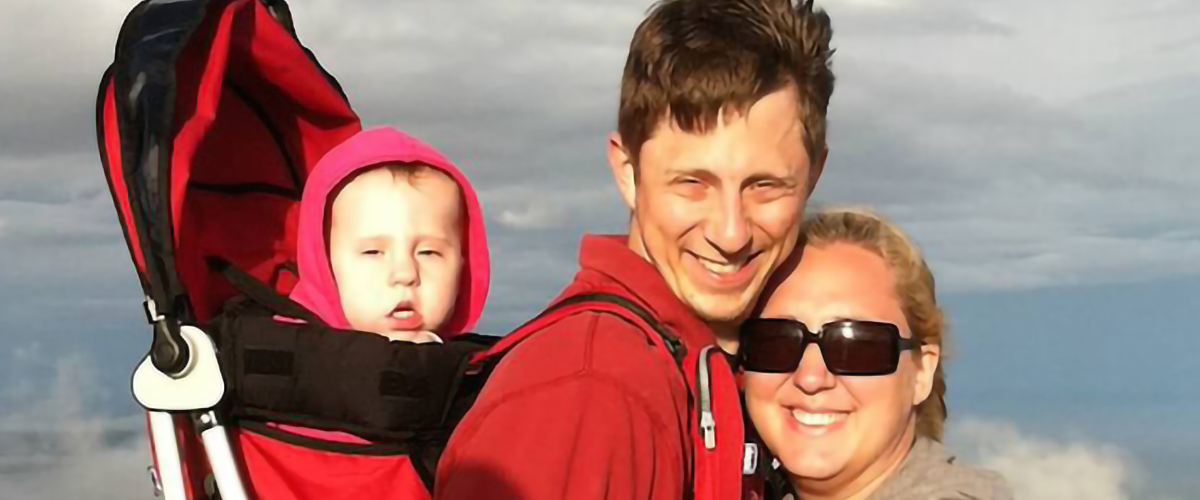Recent announcements from three biotechnology and pharmaceutical companies reflect the increasing interest in and tractability of myotonic dystrophy for therapy development. Short summaries and links to the press releases are provided here.

AMO Therapeutics
AMO Therapeutics is in clinical testing of AMO-02 for treatment of congenital and childhood onset myotonic dystrophy. Their strategy is to target GSK-3β with a small molecule drug in order to address the considerable CNS burden of disease.
To date, the large majority of therapeutic development efforts in myotonic dystrophy have targeted skeletal muscle. The ease of accessing and evaluating splicing events in small muscle biopsies provides a drug developer with rather rapid insights as to drug bioavailability and molecular target modulation. Assessment of the CNS in myotonic dystrophy patients is more complex—the hurdles here include identifying appropriate drug targets and targetable CNS phenotypes and determining how interventional trials can best demonstrate the clinical effectiveness of drugs and biologics in patients. Because of the importance of the CNS phenotype in DM, MDF is devoting a workshop to this topic, scheduled for September 12, 2019.
In efforts to establish sensitive and effective CNS outcome measures for congenital myotonic dystrophy, AMO Therapeutics has developed the Clinician-Completed Congenital Myotonic Dystrophy Type 1 Rating Scale (CDM1-RS). The new scale builds upon prior efforts on clinical rating scales by DM researchers, Drs. Chad Heatwole and Nicholas Johnson. CDM1-RS is currently being validated in a natural history study in children and adolescents with DM1 and AMO plans using it as the primary outcome measure in their upcoming registration trial.
The full press release is available on the AMO website.
Audentes Therapeutics
Audentes Therapeutics has announced the licensing of AT466 from Nationwide Children’s Hospital (Drs. Kevin Flanigan and Nicolas Wein) to target DM1 via facilitated delivery of an oligonucleotide therapeutic. Efforts are currently in the preclinical stage; the company notes that IND filing is planned for 2020.
The development of large molecule drugs, such as oligonucleotides, has a critical barrier to overcome in muscle diseases—the rather poor uptake of these large molecules by intact skeletal muscle fibers. Under evaluation is a strategy to deliver and enhance oligonucleotide uptake via AAV vectors. Two categories of oligo will be tested to block accumulation of toxic expanded repeat DMPK RNA in cells—oligos to achieve RNA knockdown and others for exon skipping—to treat DM1.
The full press release is available on the Audentes website.
Dyne Therapeutics
Earlier this month, Dyne Therapeutics announced that they had raised $50M in Series A financing in support of their lead disease target, DM1. Funding will support advancing a development candidate into clinical testing—a putative timeline has not yet been provided.
The development of large molecule drugs, such as oligonucleotides, has a critical barrier to overcome in muscle diseases—the rather poor uptake of these large molecules by skeletal muscle fibers. Dyne proposes to address this hurdle by linking oligonucleotides to an antibody that tracks to and is internalized via muscle cell surface receptor binding. Once this facilitated uptake process gains entry of the oligonucleotide into muscle fibers, the Dyne oligonucleotide mechanism is degradation of toxic expanded CUG repeat RNA.
The full press release is available on the Dyne Therapeutics website.



